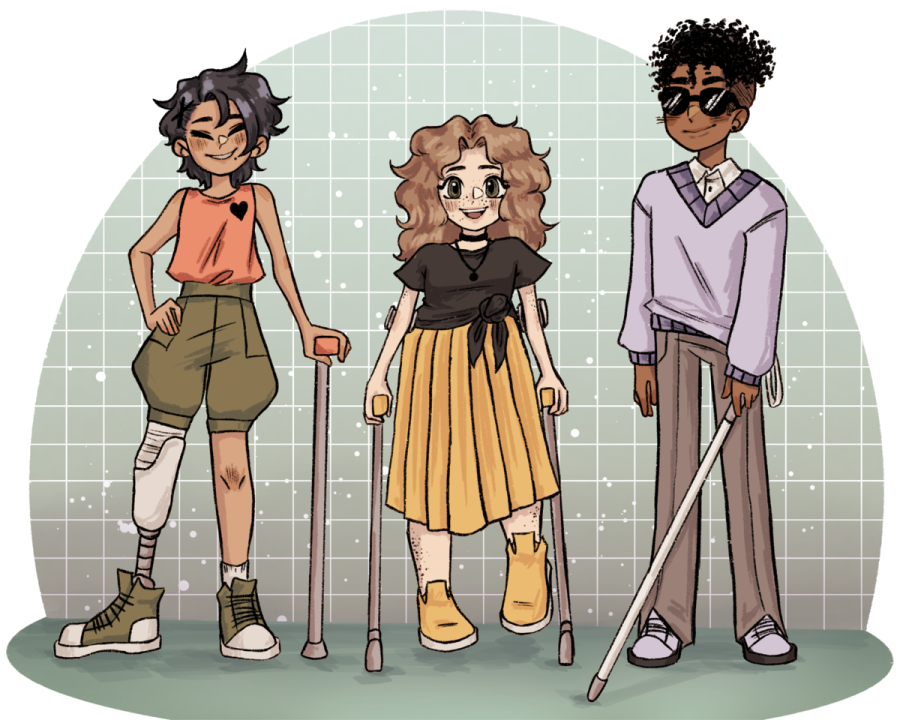First director of Disability Cultural Center to start this month
January 9, 2023
In 2021, UT formally began discussing the creation of a Disability Cultural Center.
On Jan. 31, the center will kick off its first event, a cultural hangout at 6:30 p.m.
Emily Shryock is currently the director of campus collaborations and access in Disability and Access until she starts her new role. This past summer, the University approved funding for a director’s salary and hired Shryock in November. The center also received funding for three years of programming.
The University wanted to create a space celebrating disability culture and identity in a way similar to the Gender and Sexuality Center and the Multicultural Engagement Center, Shryock said. Because Disability and Access focuses on logistical elements of disability such as providing accommodations, Shryock said the center would emphasize the cultural aspect that Disability and Access does not have the resources to focus on.
“Disability is so much more than just a compliance issue,” Shryock said. “(Students say) ‘I go to Disability and Access and get accommodations, but how do I find other students? How do I build that community in a more holistic way than could just be provided through a student organization?’”
Formal discussions about the center began during the spring of 2021 with a working group involving students, faculty and staff. Working group members emphasized the need for a physical space that welcomes the existence of disability, said Nick Winges-Yanez, coordinator of the disability studies program. The center currently does not have a physical space.
“It’s just been really important to see disability as part of our identity and part of our experience versus something that we need to hide or be ashamed of,” Winges-Yanez said. “(Like) something that we need to retroactively fix.”
Shryock said she plans to start programming this semester by inviting disabled speakers to campus, holding educational events and planning hangouts. She also said she plans to expand disability graduation and amplify the work of other University programs such as the critical disability studies minor.
Leo Ramírez, president of the Disability Advocacy Student Coalition, said the DASC helped him embrace his disability. Ramírez, a humanities and history junior, said the administrative and financial support behind a center can enhance the work of the DASC and other campus entities and foster disability pride.
“There is the experience — even if not true all the time — of feeling like you are the only disabled person in a room,” Ramírez said.
Former DASC president Cole Glosser, who graduated in 2022, said the DASC was his “saving grace” his first two years of college. He looks forward to the center being a safe space beyond weekly DASC meetings.
“For some people, it might be a little bit difficult to embrace or to understand their disability as part of their identity or part of their daily lives,” said Glosser, the alternative financing coordinator for the Texas Technology Access Program. “Having a place where people can have those intimate formal conversations outside of just programmatic elements is really crucial.”
Winges-Yanez said she looks forward to having disability considered in a more official discussion about diversity.
“You don’t always have to be fighting a system,” Winges-Yanez said. “You don’t always have to be legitimizing something. There’s going to be a space where you can just go and exhale.”












